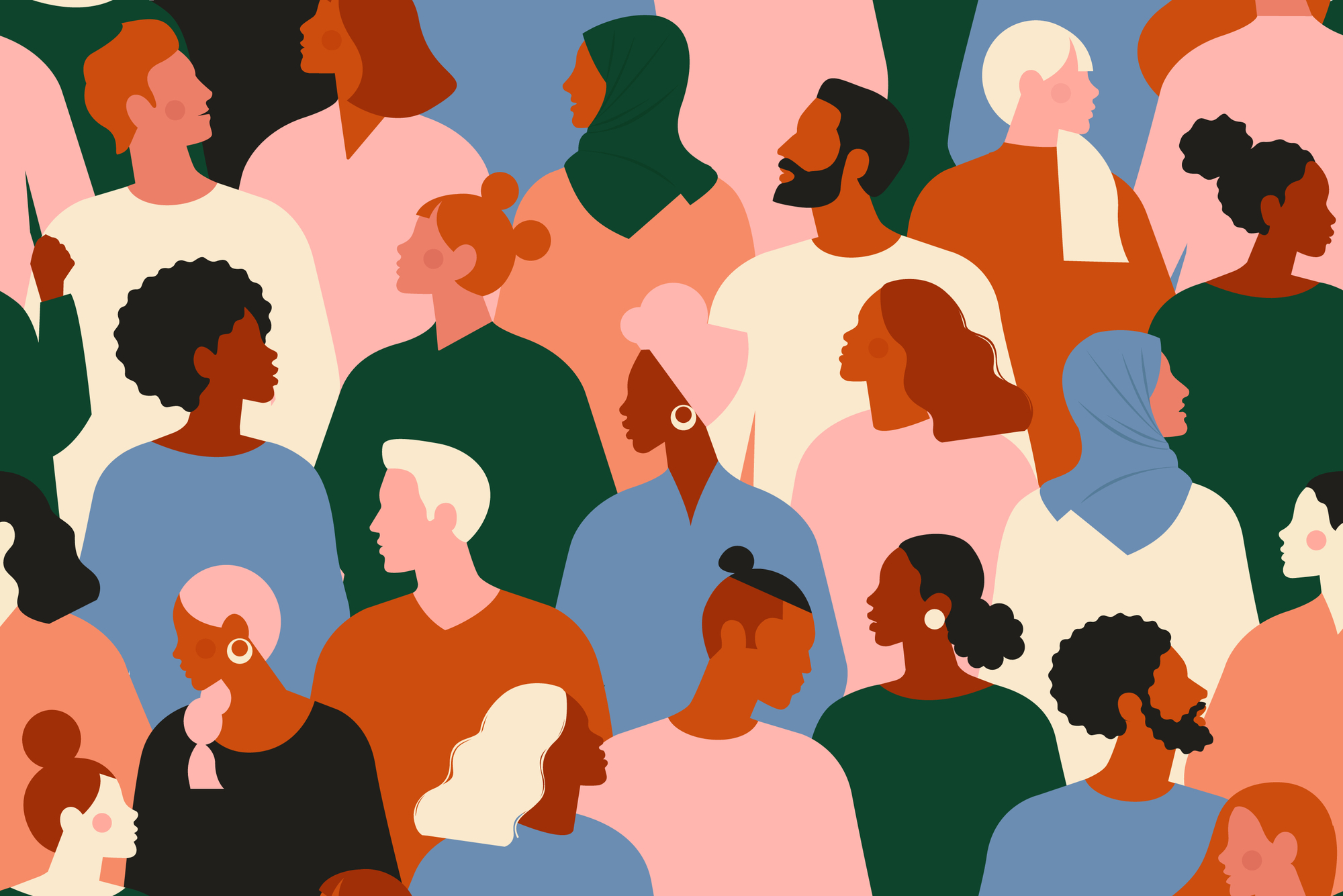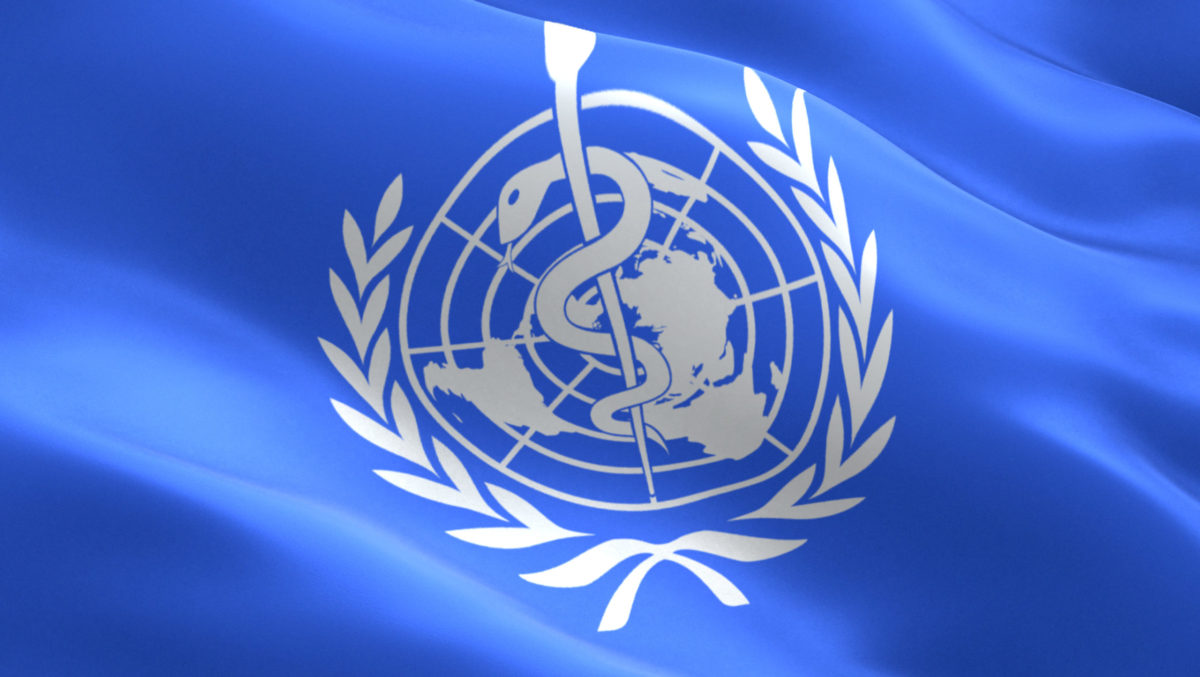The Right to Participation in Global Health Governance: Lessons Learned
We argue that the human right to participation should extend to permanent seats and votes for civil society and affected communities on governance boards.

We argue that the human right to participation should extend to permanent seats and votes for civil society and affected communities on governance boards.

The prism of the “shared responsibility model” provides an opportunity to consider potential global health governance models for emergency actions.

Tackling the question of how to address the needs for sharing scientific research is fundamental to any pandemic treaty discussion.

Only a legally enforceable framework can ensure that solidarity is matched with reciprocity that is in the global public interest.

Either through hard or soft law, there is a strong case to be made in favor of designing positive “rewarding” mechanisms to encourage cooperation.

The international community must avoid entrenching in international law a system indifferent to right-to-health core obligations.

The age of hyper-globalization requires global institutions that enable global – collective – responses to contain pandemics worldwide.

As policymakers consider proposals aimed at preventing another pandemic, the integration of the science-policy interface in their design is important.

Multiple entries argue that justice requires going beyond narrow disease surveillance to enhance legal as well as health system preparedness.

By understanding legal obligations in terms of solidarity, states would be guided toward actions that favor collective over individual benefit.
